Is the music business, traditionally an arbiter of cool, out of touch with U.S. consumers? It’s a tough question to ask — and a tough time to ask it. But if you compare the results of the presidential election with the politics of artists and executives, it’s hard not to.
The dominant mood among people I know is shock at the scale of Donald Trump’s victory — most expected a race so close that ballot-counting would continue all week — and an unsettling feeling that the U.S. is not the country we thought it was. What happened and why will be discussed for years. There’s also a more immediate question: Why didn’t more people see this coming?
Part of the reason is that this still seems so weird — I’m old enough to remember when talking about a professional golfer’s private parts would have been disqualifying in politics, let alone the Republican party. But part of it is that, unintentionally, many people in the media business now live in a bit of a bubble. I’m one of them: I live in Berlin and spend most of my time in the U.S. in or near New York, and I read The New York Times and The New Yorker. When it comes to music, none of my favorite artists supported Trump, and one, Bruce Springsteen, actively campaigned against him. Some of the biggest musicians in the world also supported Kamala Harris — Taylor Swift, Beyoncé, Ariana Grande, Sabrina Carpenter — as did most music executives. Many of them must share my surprise.
Are they — are we — too detached from the mainstream?
A significant number of Trump supporters are right-wing racists — certainly enough to make one worry. But it’s hard to make the case that Trump supporters are extremists if they account for more than half the vote. By definition, they’re mainstream. Worryingly, the Democrats don’t seem to know how to talk to them in a way that addresses their concerns. Calling them deplorables didn’t work, and making the case that Trump would be a disaster for democracy didn’t, either. (Democracy means that people vote for their leaders — it doesn’t mean that they vote for the leaders you want.) The Democrats focus more on what people can do for their country at a time voters seem more interested in what their country can do for them. Ideas are important, but many people seem more focused on the affordability of groceries.
For whatever reason, it’s now clear that there are more Trump voters than many people, including musicians and music executives, thought. They are also younger and more diverse than people realized. Many of them must listen to pop music. But is the music business listening to them? The idea that it’s controversial just to endorse Trump, without echoing any of his uglier rhetoric, means turning one’s back on more than half of American voters. That’s not how mass marketing works.
The challenge Trump presents to American democracy is far more important than selling music, of course. And I suspect I will get a few emails about how crazy it is to suggest that anyone market music to people who think immigrants are eating cats. But reaching different kinds of people with different kinds of art is what the music business does.
It’s also what politics is supposed to do. Both the music business and politics need to do better at reaching large, diverse audiences. That often means connecting with existing fans, but it has to also mean reaching out to new ones. Often, people simply won’t buy what they’re being sold, whether it’s a new album or a new candidate. But it’s important to have those conversations — both for those of us who want to help elect a new president in four years and those of us who want to argue that this one is going to do a great job.
More and more, politics seems stuck in a loop, in which ideas are marketed to, and cheered, by those who have already decided on them. In music, that’s known as a superfan strategy, and it’s very important. But building one requires reaching new people to turn into fans, or supporters, in the first place.



